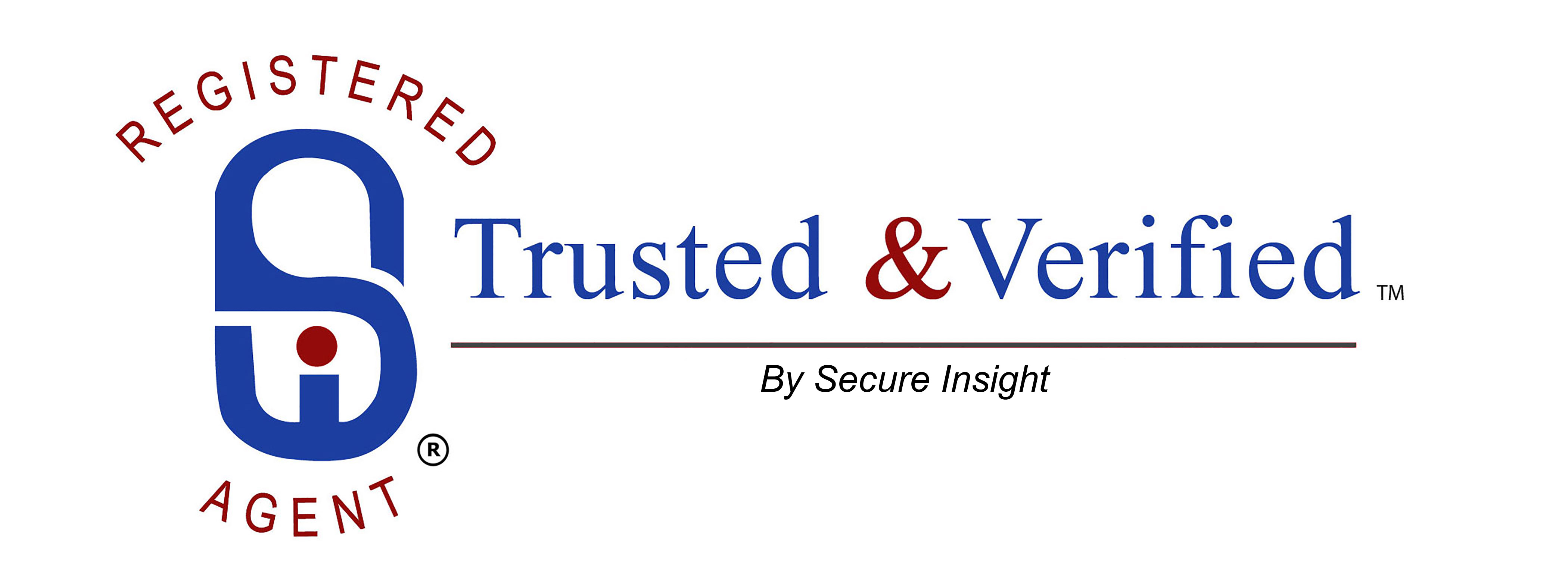Title Insurance
WHAT IS TITLE INSURANCE?
Title insurance protects you from losses that occur from various matters affecting the title to land, There are two basic types of policies: Owner’s policy to protect the owner, and loan policy to protect the bank’s mortgage..
IF THE BANK REQUIRES A LOAN POLICY, WHY DO I NEED TO BUY AN OWNER’S POLICY?
The bank’s policy only protects its interest. You, the homeowner, may be liable for the title problems even though the bank is insured.
I PAID FOR A TITLE SEARCH-WHY DO I NEED TO BUY TITLE INSURANCE ALSO?
A title policy insures against many defects which could not be discovered in a title search , as well as insuring against error made in the title search itself.
IS OWNER’S COVERAGE EXPENSIVE?
No. A ONE time premium covers you throughout your ownership and after. When you are already paying for a loan policy, the additional cost for an owner’s policy is usually small.
WHAT’S COVERS UNDER A STANDARD OWNER’S POLICY?
> It insures that you are the owner of the property.
>It insures against losses from any liens or encumbrances on the property except those listed in the policy.
> It insures against your title being rejected by a subsequent buyer because it is unmarketable due to a title defect or lien.
> It insures you have a legal right of access to the property.
The title policy not only protects you against losses due to title claims covered by the policy, it also pays for the attorney’s fees and costs in defending the title.
You are covered under the policy for as long as you own the property, and also for liability after you sell the property if you provide title covenants in your deed to the new buyer.
 20 IMPORTANT REASONS WHY YOU SHOULD HAVE OWNER’S TITLE INSURANCE
20 IMPORTANT REASONS WHY YOU SHOULD HAVE OWNER’S TITLE INSURANCE
These are just some of the hidden title risks that would not be disclosed by even the most meticulous title search, but are covered by an Owner’s policy of title insurance:
- Forgery.
- Fraud in the execution of documents.
- Undue influence on a grantor of a deed.
- False impersonation by someone purporting to be the owner of the property.
- Incorrect representation of marital status.
- Undisclosed or missing heirs.
- Wills not properly probated.
- Misinterpretation of wills and trusts.
- Mental incompetence of a grantor of a deed.
- Transfer of title by a minor.
- Heirs born after the execution of a will.
- Incorrect legal descriptions.
- Non-delivery of deeds.
- Unsatisfied claims not shown on the record.
- Deeds executed under expired or false powers of attorney.
- Confusion due to similar or identical names.
- Dower or courtesy rights of spouses of former owners.
- Incorrect indexing of the land records.
- Clerical errors in recording legal documents.
- Delivery of deeds after the death of a grantor.








We are underwritten by First American Title and Fidelity National Title.
View our Privacy Policy

